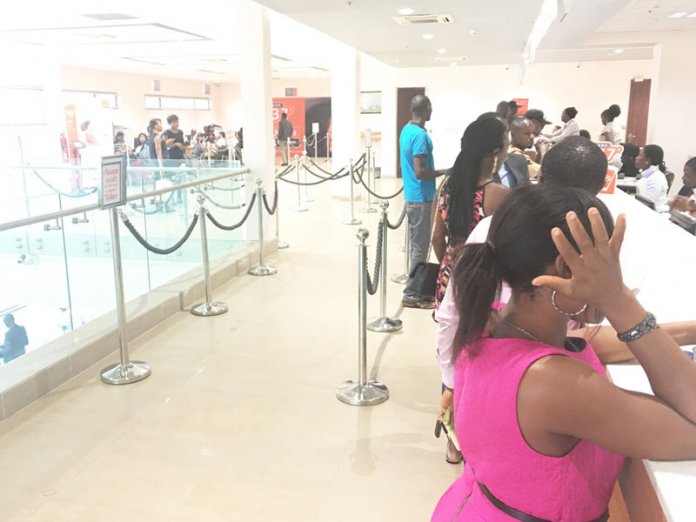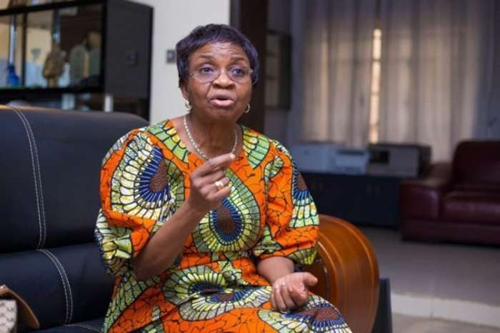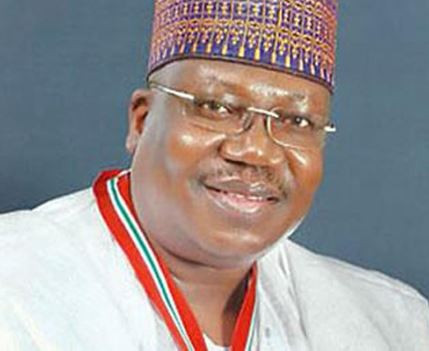If you live in Nigeria, you’ve probably heard some stories about how difficult it is to get anything done at a government agency. Those stories are so popular that they have made their way into popular culture through “oga is not on seat” jokes.
When you’re going to a government agency, you brace yourself for the reality that no matter how small the task you want to accomplish, it could take all day. It’s not unusual for simple processes to be complicated by ridiculous demands.
It’s the sort of thing we’ve come to expect from Nigeria’s public sector. Yet, in the private sector, Nigeria’s legacy banks will give any government institution a run for their money.
A few weeks ago, I read this interesting rant by a Nigerian in the UK Guardian on how it took him 15 trips to the banking hall to withdraw money. We all have these experiences. The Nigerian banking system throws up the kind of processes that can test the patience of the Pope. Sometimes you apply to get a debit card and you wait for weeks to get. Then you begin another process to get the PIN for the same debit card.
Some other issues that rankle are the unending debits for card maintenance, SMS alerts, the list is endless. Yet, these would be such small trade offs if Nigerian banks actually provide service that work and are reliable.
Bank transfers in Nigeria are like Russian roulette. Sometimes you can transfer money without hassles, the next time, you may get debited thrice for a failed transaction.
Frankly, I’m not sure which I would rather visit: a banking hall or a government parastatal. If banking is this difficult for me, what’s it like for a lot of the people in the informal sector?
I got the clearest answer last week when my friend shared an article about how many of the artisans who work for him often do not have bank accounts.
It’s hard to fault them because banks and banking have come to represent stressors for the average person.
Digital banks are promising freedom This is why the digital alternative to banking is interesting. The counterbalance to the wahala of legacy banking is a bank that exists almost entirely in your phone.
They have no physical branches so you don’t have to spend hours in a banking hall trying to explain to a frazzled customer rep that you can no longer reproduce your signature from when you first opened the account seven years ago.
Beyond the branchless structure of digital banks, one of the things digital banks like VBank say that works for me is their promise of banking without a ton of bank charges.I can be free from those pesky little card maintenance charges from that second generation bank.
I can make a request for a debit card from an app and get the card delivered to my address in one week.
It’s not often that a bank says all the right things.. Yet, there are lingering questions like, “can I put my money in a bank that doesn’t have a branch that I know?,” “Whose shirt will I hold when they debit my account wrongly?”
There are also big questions like; many of the promises of ease the digital banks make will appeal to the carpenter down your street who still doesn’t have a bank account. How will the digital banks reach people like this?
Can the segment of the population who find these promises of freedom attractive- young millennials – form the basis for a sustainable business?
These are questions that remain up in the air, but here’s what I know; V Bank makes really good promises, but the real argument for them is time. Will they still send my debit card in 4 business days in 2027? Will my free transfers still go through and will their customer reps still be as attentive?
I don’t have a crystal ball; but it doesn’t hurt to live in the moment and enjoy all these perks right away.


























